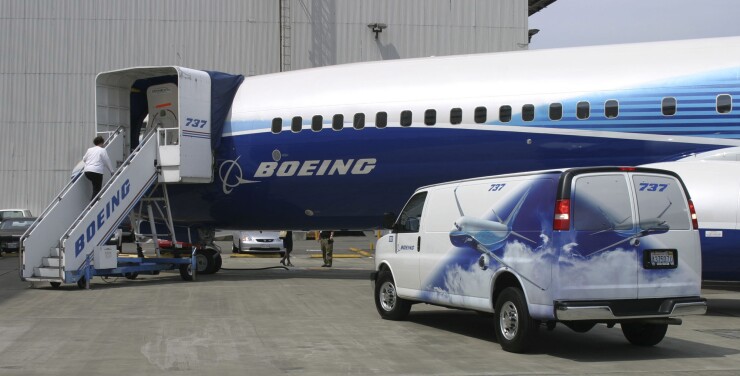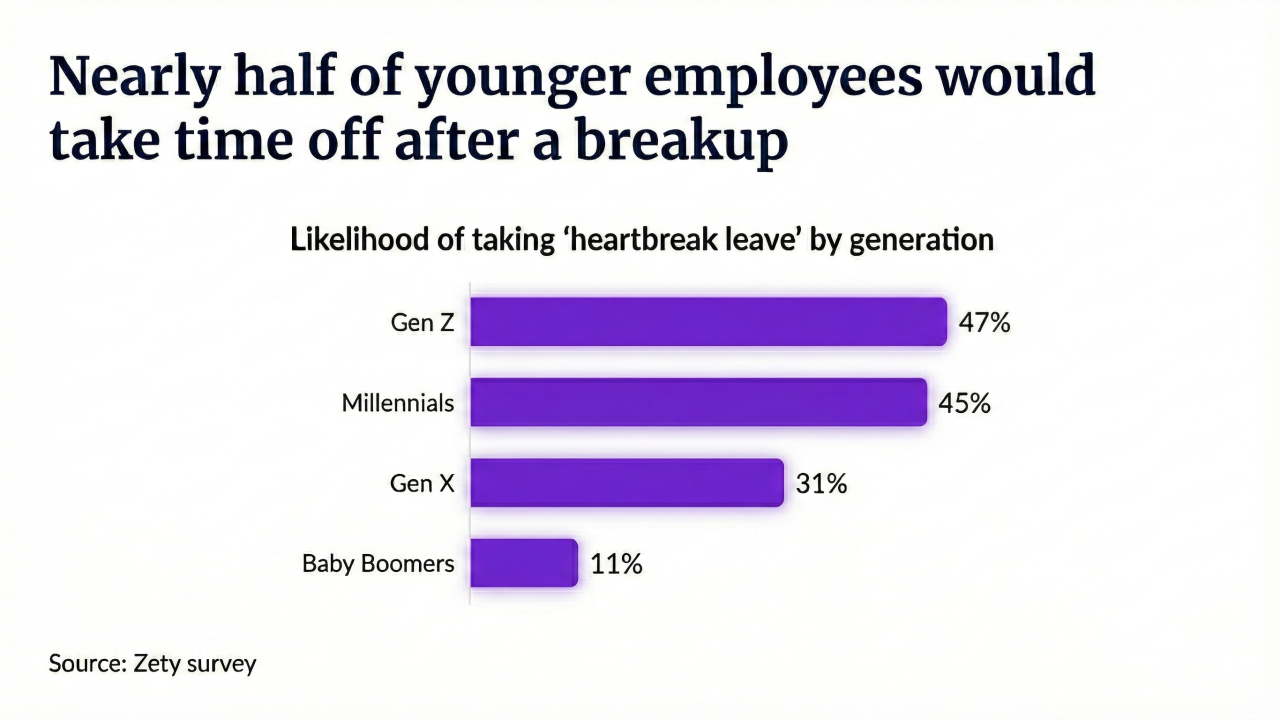WASHINGTON — As more employees struggle with chronic conditions, employers are learning they need to step in to help — and they are turning to tech solutions to help them do so.
Boeing, Delta Air Lines and UMass Memorial Health Care are among the employers that have been using virtual care tools that aim to help employees better manage their health conditions over the last few years, and reaping the rewards as a result.
“We’re seeing virtual care by employers being adopted more readily over the past few years,” Hassan Azar, senior vice president of total rewards at US Foods, said this week during a panel at the National Business Group on Health’s annual conference. “We’re seeing increased success and a lot more interest in uptake in the vendor side.”
The strategies and results the three companies have yielded will make benefits managers take notice.
Jason Parrott, senior manager of healthcare and well-being at Boeing, noted during the panel that a number of health-tech companies have broadened their services in recent years so that employers can help employees focus on improving their health.

“When you look at what has transpired in the last three months, 10 months, 12 months, you’re seeing a lot of these solutions evolve,” he said.
See also:
Boeing turned to tech solutions when trying to figure out how to appeal to each segment of its workforce, which is comprised of 153,000 employees across a range of backgrounds and generations, Parrott said. Boeing also wanted to help employees’ dependents and allow them to engage with the healthcare solutions the company provides.
With these goals in mind, the aerospace company partnered with Vida Health, an app that pairs employees with health coaches. Parrott said the partnership has been successful because it “focuses on the human element,” and not just results from a numbers standpoint.
Boeing also partnered with Livongo, a platform that helps employers manage the health of workers with diabetes and other chronic conditions.
Livongo also works with Delta, which rolled out a pilot program in the Detroit market in 2016. The airline collected data that showed Detroit was an area with low diabetic compliance, meaning people living with the disease weren’t managing it properly, explained panelist Vickie Strickland, Delta’s director of health strategy and resources. The program yielded positive results, showing greater diabetic compliance, and in 2018 Delta made it available to employees across the nation.
“We’ve only been at this for a little over a year,” Strickland said. “The program is tied to a large incentive that goes into an HSA or HRA. But employees have to do more than just enroll; they must engage and close the gaps in their care.”
UMass also partnered with Livongo in 2016, though Alan Weston, vice president of human resources with the healthcare provider, said he is in the midst of a reboot and relaunch in order to improve engagement.
Managing a chronic illness like diabetes typically isn’t a standalone issue; there are other health complications that can go along with it. So getting employees to care about one health issue is a precursor to getting them to care about other health issues, the panelists said.
Delta’s Strickland said communication is key.
“That’s hard, we struggle with communication a lot. There’s a lot of different modes of communication… we do everything we can to get it in their face. But we implemented the incentive and I don’t know exactly what the silver bullet is.”





